
Alzheimer's disease profoundly affects not only those who suffer from it but also the people around them. One of the most significant challenges faced by families is communication. As the disease progresses, the ability to communicate effectively with a loved one who has Alzheimer's becomes both more challenging and more crucial. In this blog, we explore some key strategies to help families communicate more effectively with their loved ones affected by this condition.
Understanding How to Communicate with Dementia Patients

Communication with a person who has Alzheimer's requires patience, understanding, and a shift from traditional conversational norms. The cognitive decline associated with Alzheimer's can impede their ability to process and recall information. Therefore, it's important to adapt the way we communicate to fit their current abilities and needs.
1. Avoid Direct Questions That Require Recalling Memories

One of the hallmarks of Alzheimer's is memory loss, especially short-term memory. Asking direct questions that require the person to recall specific information or recent events can lead to frustration, anxiety, and a feeling of inadequacy.
What to do Instead: Instead of asking direct questions like, “Do you remember what you did this morning?” opt for open-ended questions or statements that don't require a factual response. You could comment on the weather or a piece of clothing they are wearing. Communication with dementia patients via this approach helps in engaging them in conversation without putting pressure on their memory.
2. Listen and Learn from Them

People with Alzheimer’s and dementia often retain their emotional memory longer than other types of memory. They might not remember specific events or names, but they often recall how they feel about experiences. Communication with dementia patients will require you to truly listen to their feelings.
Effective Listening: Pay attention to their emotions and feelings. If they express joy when talking about a garden, for example, focus on that joy rather than the details of the garden. This approach validates their feelings and keeps the conversation positive.
Learning from Their Perspective: Sometimes, their way of expressing might be different. They might use different words, or their conversation might take unexpected turns. Instead of correcting them, try to see the world from their perspective. This can lead to meaningful exchanges and helps maintain their dignity.
3. Avoid Contradiction or Arguments

Arguing with a person with Alzheimer's is rarely productive. Due to their memory loss, they might insist on things that are not accurate or want to do something that isn't possible. Contradicting or arguing can lead to confusion and distress.
Redirecting and Distracting: If they insist on something that isn’t accurate or possible, gently redirect the conversation or their attention to something else. If they are fixated on going to a job they no longer have, rather than saying, “You don’t work there anymore,” you might say, “Let’s have lunch first,” or engage them in a different activity. In this way, your communication with a dementia patient will meet them where they are, instead of forcing them to try and meet you where you are.
Maintaining a Calm Environment: Keeping your tone gentle and the environment calm can prevent the situation from escalating. Remember, the goal is to keep them feeling safe and loved.
Additional Tips for Effective Communication
- Use Non-Verbal Cues: Sometimes, non-verbal communication can be more effective. Gestures, touch, and facial expressions can convey a lot of meaning and provide comfort.
- Maintain Eye Contact: This helps in making a connection and makes them feel heard and seen.
- Speak Clearly and Slowly: Use simple words and sentences, and speak in a calm, reassuring tone.
- Join in Their Reality: If they are living in a past memory, don’t try to bring them back to the present. Instead, join in their reality and engage in conversation about that memory.
Communicating with a loved one who has Alzheimer’s can be challenging, but it’s also an opportunity to connect with them in new and meaningful ways. By adapting our communication style, we can provide them with the support, love, and dignity they deserve. If dressing has become difficult, you may find our dementia clothing collection helpful. These pieces are designed to make daily routines easier and more comfortable for both wearers and caregivers.






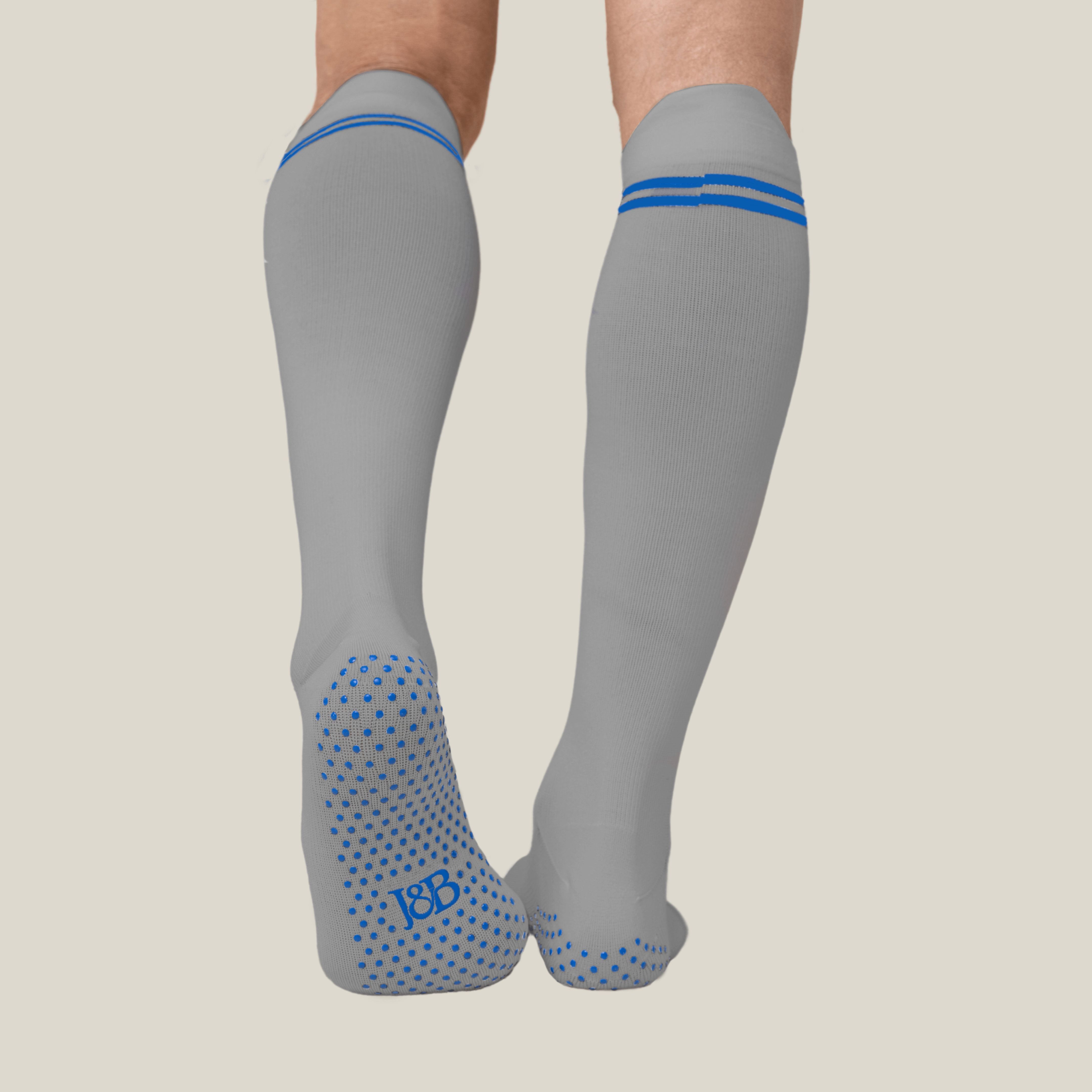


















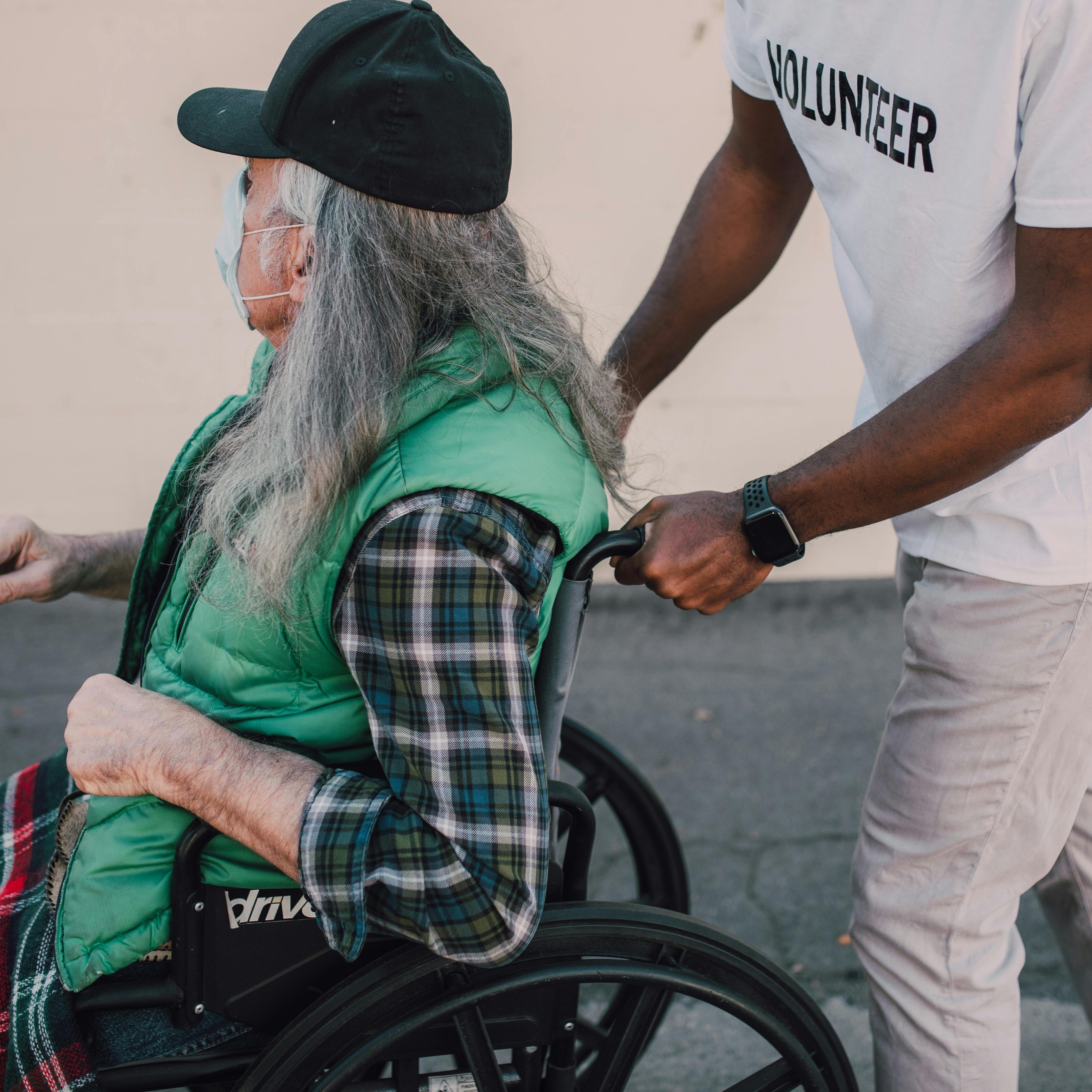


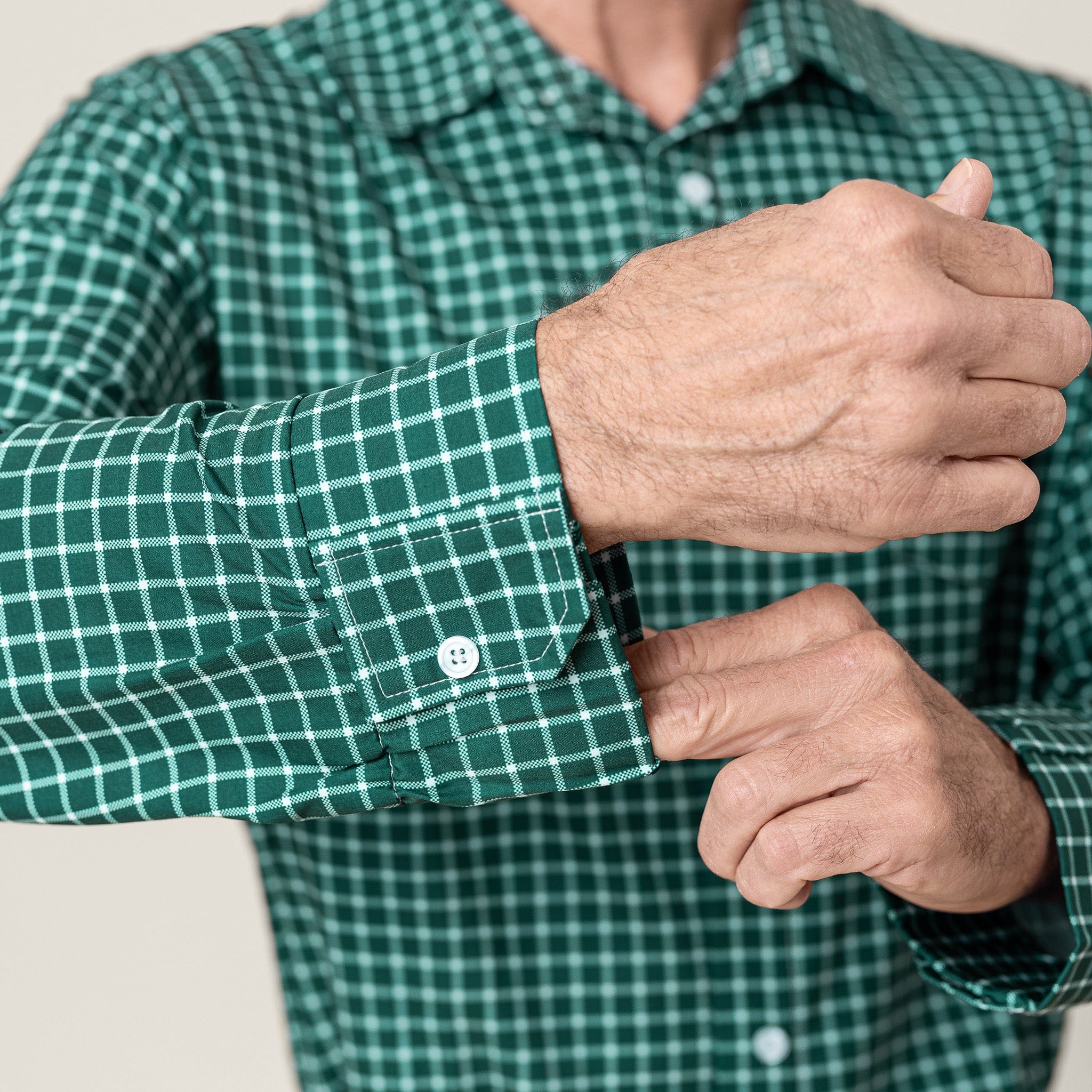


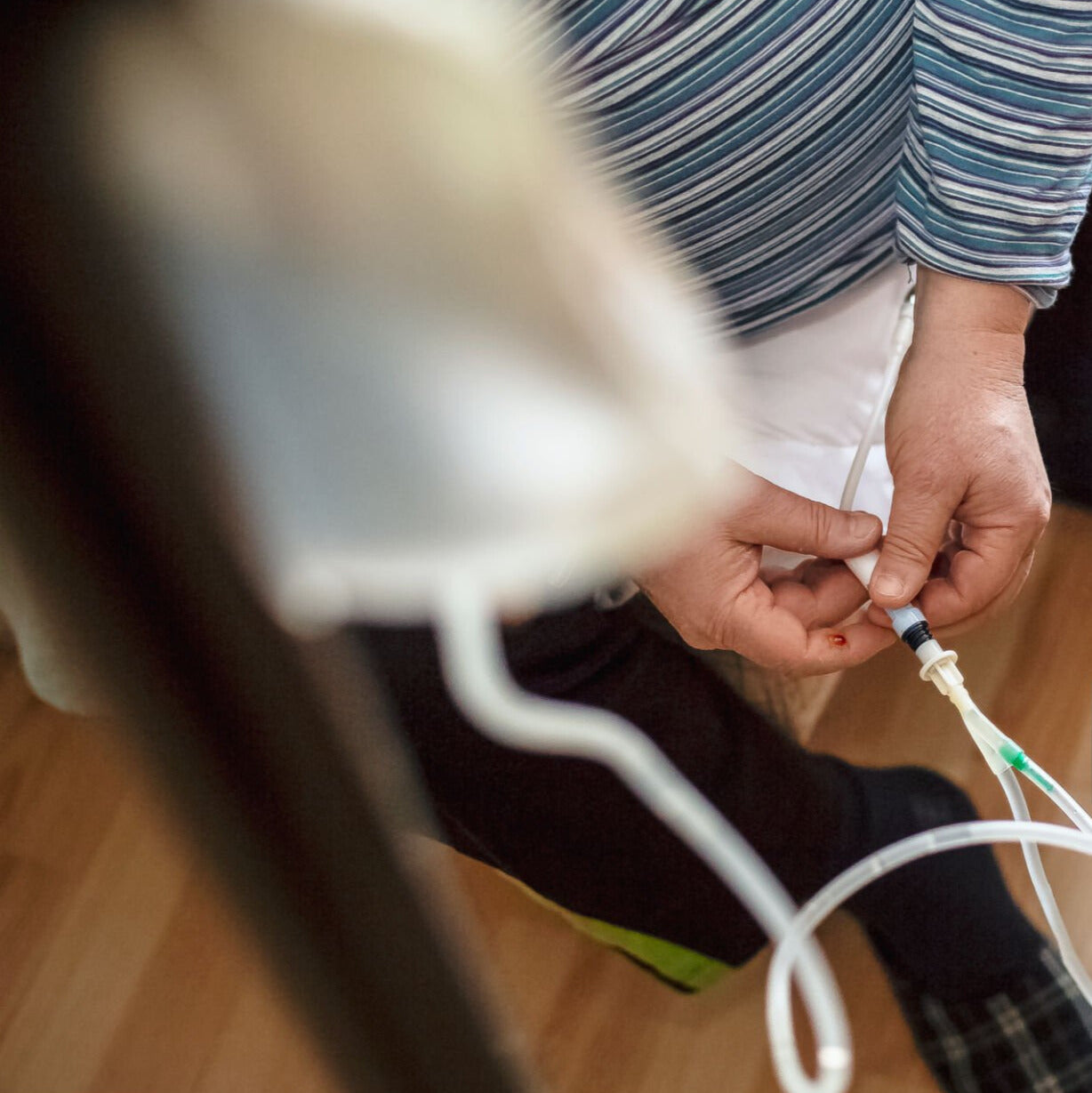

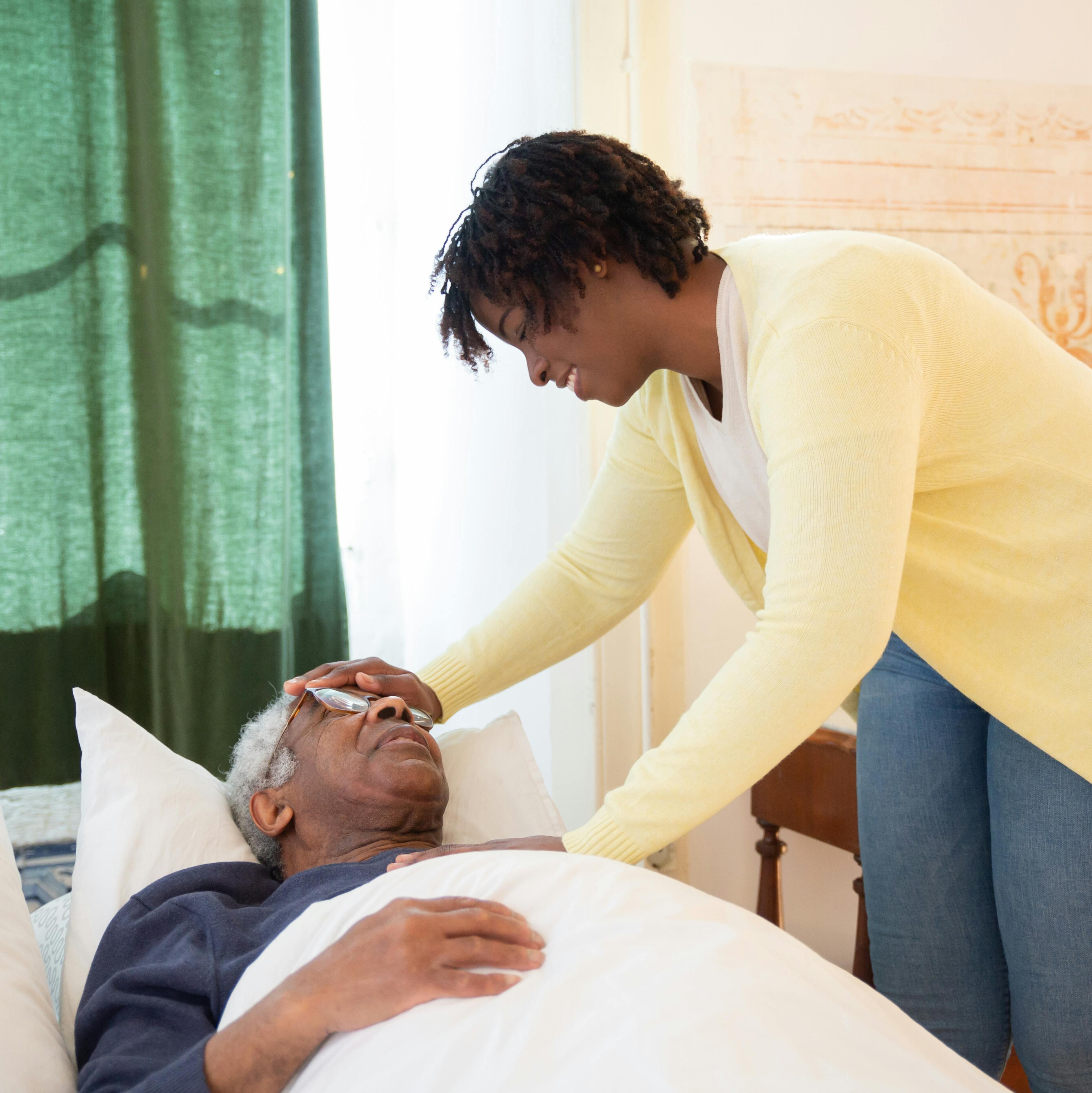










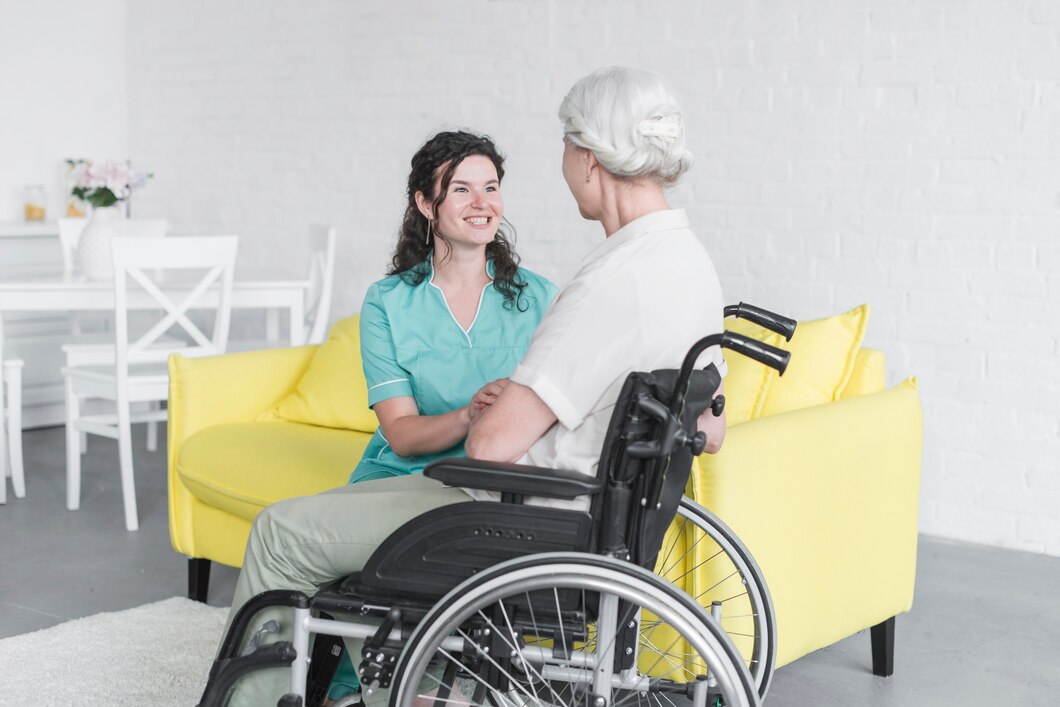
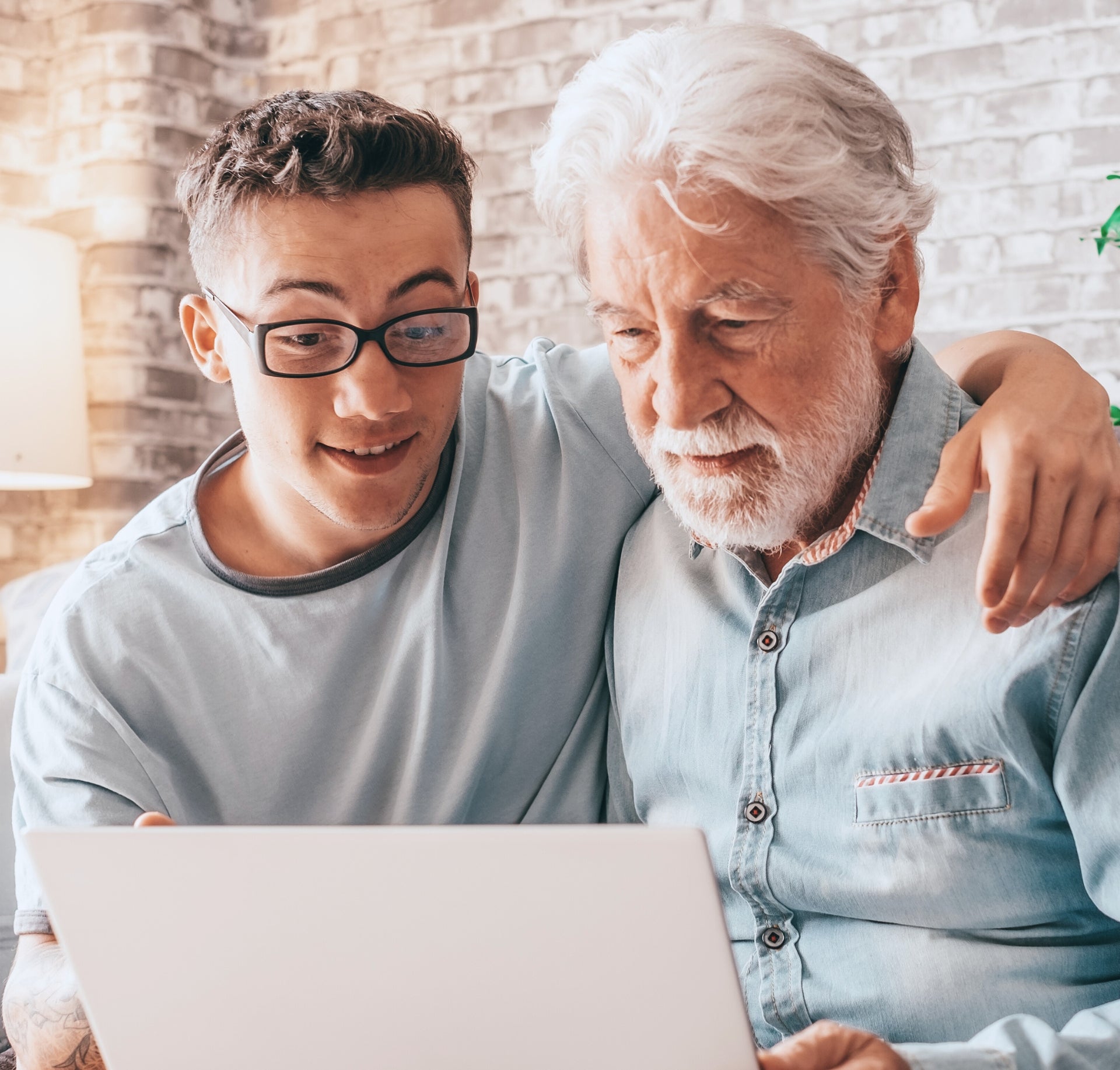


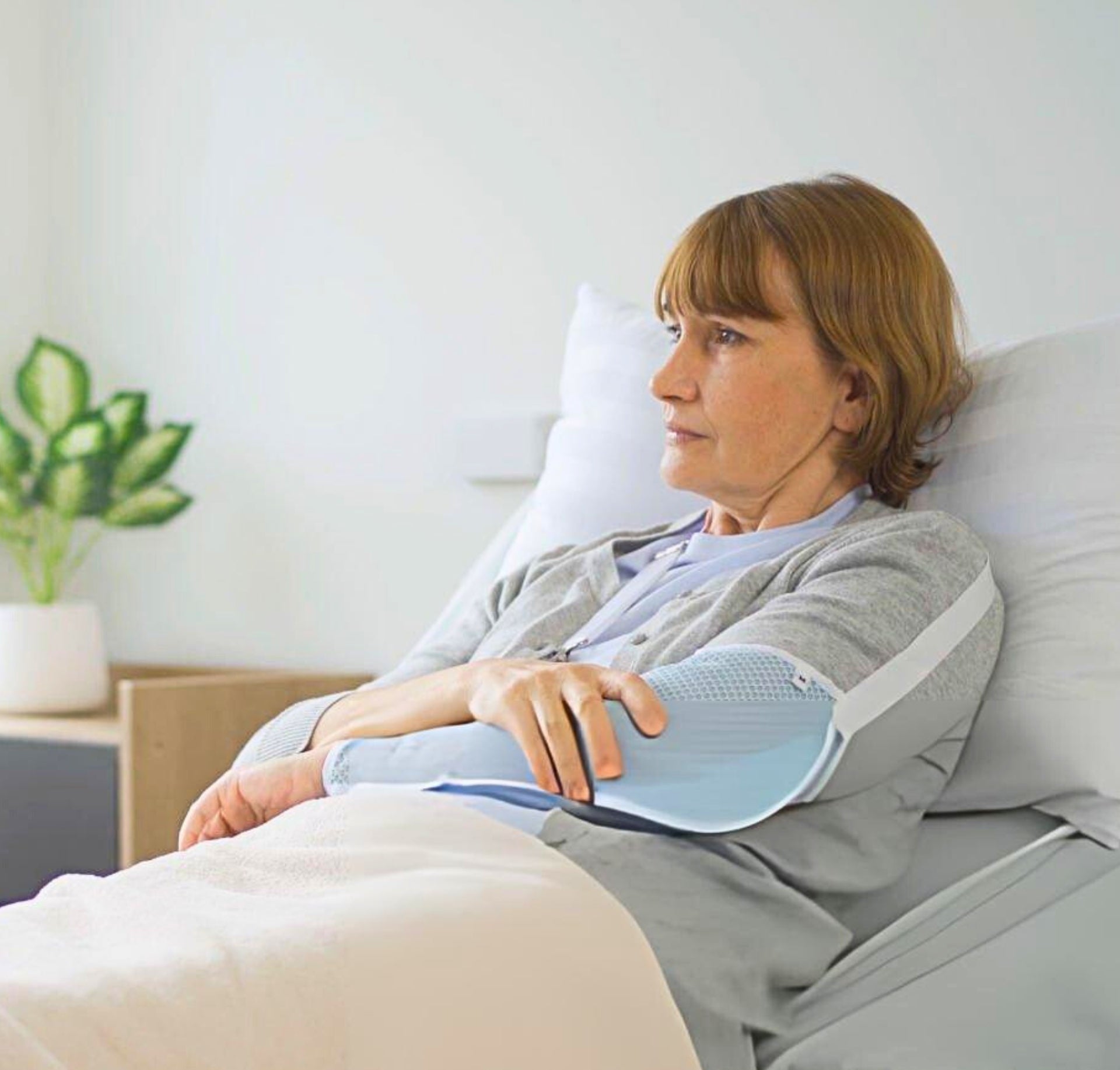









1 comment
I am so glad you sent this email following my first purchase from your company. This will help me during conversations I have with my Father and siblings as we cope with my Mothers rapidly declining mental health. We all need to change how we engage her. Seeing her rapid decline has been so hard on all of us, especially our Father. None of us were prepared for this.